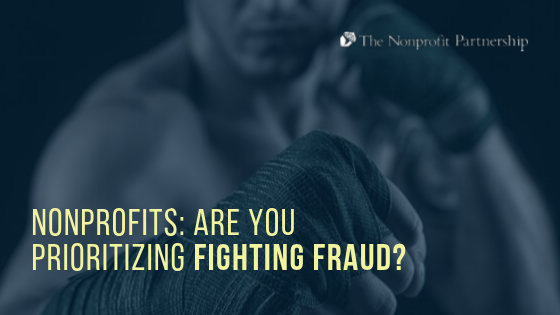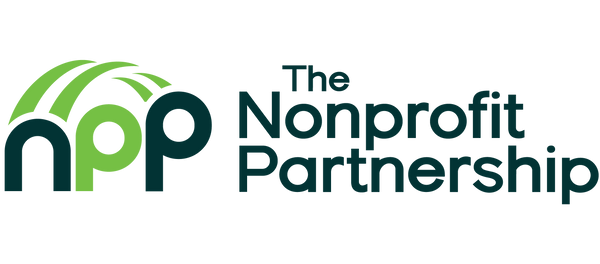
Is your nonprofit actively preventing fraud through strong policies and internal controls? Is your organization positioned to detect fraud? Is your management and/or board ready to address fraud when it happens? These are important questions nonprofit managers and board members should be asking themselves given that more and more cases of fraud at nonprofits are being reported in the news. The Association of Certified Fraud Examiners (ACFE)’s 2018 Global Study on Occupational Fraud and Abuse states that the median loss from fraud at nonprofits is $75,000. According to the report, 85% of perpetrators have never been punished or terminated from prior employment and 24% of perpetrators were employed for over 10 years.
Fraud vs. Error
Before we discuss how to prevent and detect fraud, we need understand the difference between fraud and error. Fraud refers to an intentional act by one or more individuals among management, those charged with governance, employees, or third parties, involving the use of deception to obtain an unjust or illegal advantage. Error refers to unintentional misstatements of amounts or disclosures in financial statements.
What are some basic guidelines to follow to prevent fraud?
You need to eliminate the opportunity to commit fraud. Assuming that your CFO, accounting personnel, and individuals with fiscal responsibilities are trustworthy and good people is not an effective system of internal control. Do you have real and substantive internal controls at your organization? Do you have segregation of duties? Segregation of duties can be difficult at a not-for-profit due to limited staffing capacity. Board members can be utilized as additional resources to support segregation of duties. What is most critical for a nonprofit? It is key that whoever manages accounting should not be writing and signing checks or collecting revenue and making deposits.
How do you detect fraud?
One way to detect fraud is a timely detailed reconciliation of the bank accounts by someone independent. Fraud can be as simple as the perpetrator writing themselves a check or wiring money to their personal bank account. Another method to help detect fraud is to have a strong written fraud policy. Everyone should be responsible for protecting the organization, and a nonprofit should have a written policy that makes it is a requirement to report suspected fraud and who to report the issue to. According to the ACFE report, 40% of occupational fraud is initially detected by a tip, while external audits detect 4%.
How do you deal with fraud?
Say the worst-case scenario has happened and there is fraud at your organization. You should have a policy up front of how you will deal with fraud. There are difficult decisions to be made and you don’t want to make them based on emotions of the moment. Will you prosecute? Will you terminate the employee with cause? These are difficult questions, but it’s better to have a fraud policy in place before the incident takes place so you have a clear course of action to follow.
A final word. Fraud does happen, even at not-profits. Prioritize your plan to address this issue today.
Want to learn more on this topic? Please join The Nonprofit Partnership and Diane Edelstein on Tuesday, September 10, 2019 at 1:00 PM for "Fraud Does Exist - We Should Talk About It."
Special thank you for the valued partnership of an Associate Member with The Nonprofit Partnership: Maher Duessel.
Diane began her public accounting career in 1990 and joined Maher Duessel in 1996. She previously was the Director of Quality Control for the firm and was responsible for assuring the firm's compliance with the American Institute of Certified Public Accountants (AICPA) Governmental Audit Quality Center. She serves as a Single Audit specialist team member for peer reviews.
With over 25 years of governmental and non-profit auditing experience, Diane serves as Partner to a broad base of clients including municipalities, human service providers, and agencies receiving HUD funding. Diane is a frequent speaker on behalf of the AICPA as she regularly presents seminars on Single Audit compliance matters and other non-profit/governmental accounting and auditing topics such as IRS Form 990 preparation and pension audits. She was issued the Advanced Single Audit Certificate by the AICPA in April, 2016. She presents on an annual basis multiple lectures on Single Audit and Uniform Guidance compliance. Diane also served on the AICPA's Non-for-Profit Organization Audit Committee Toolkit Task Force and presented a seminar on the Toolkit at the 2015 AICPA Non-for-Profit Industry Conference.

